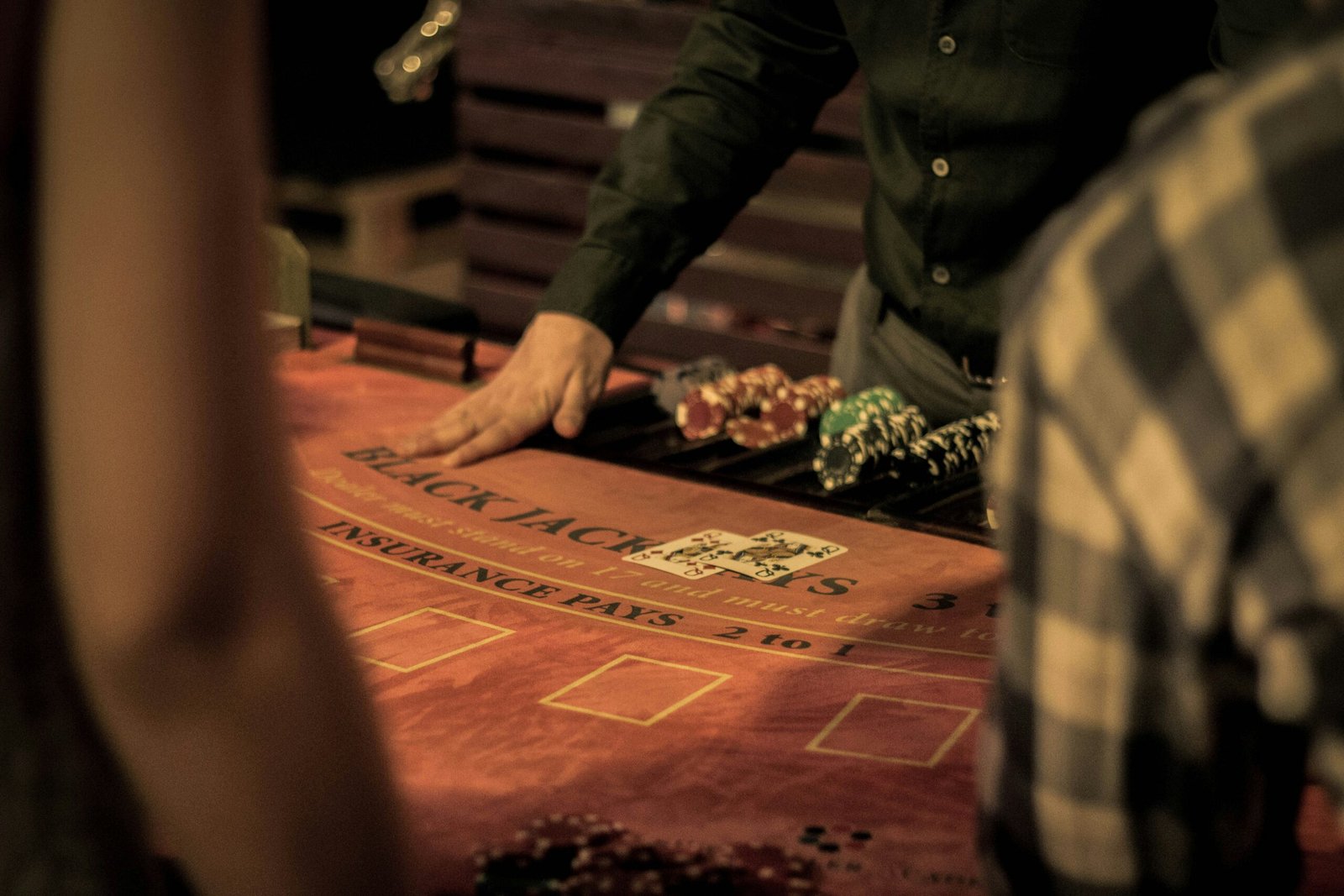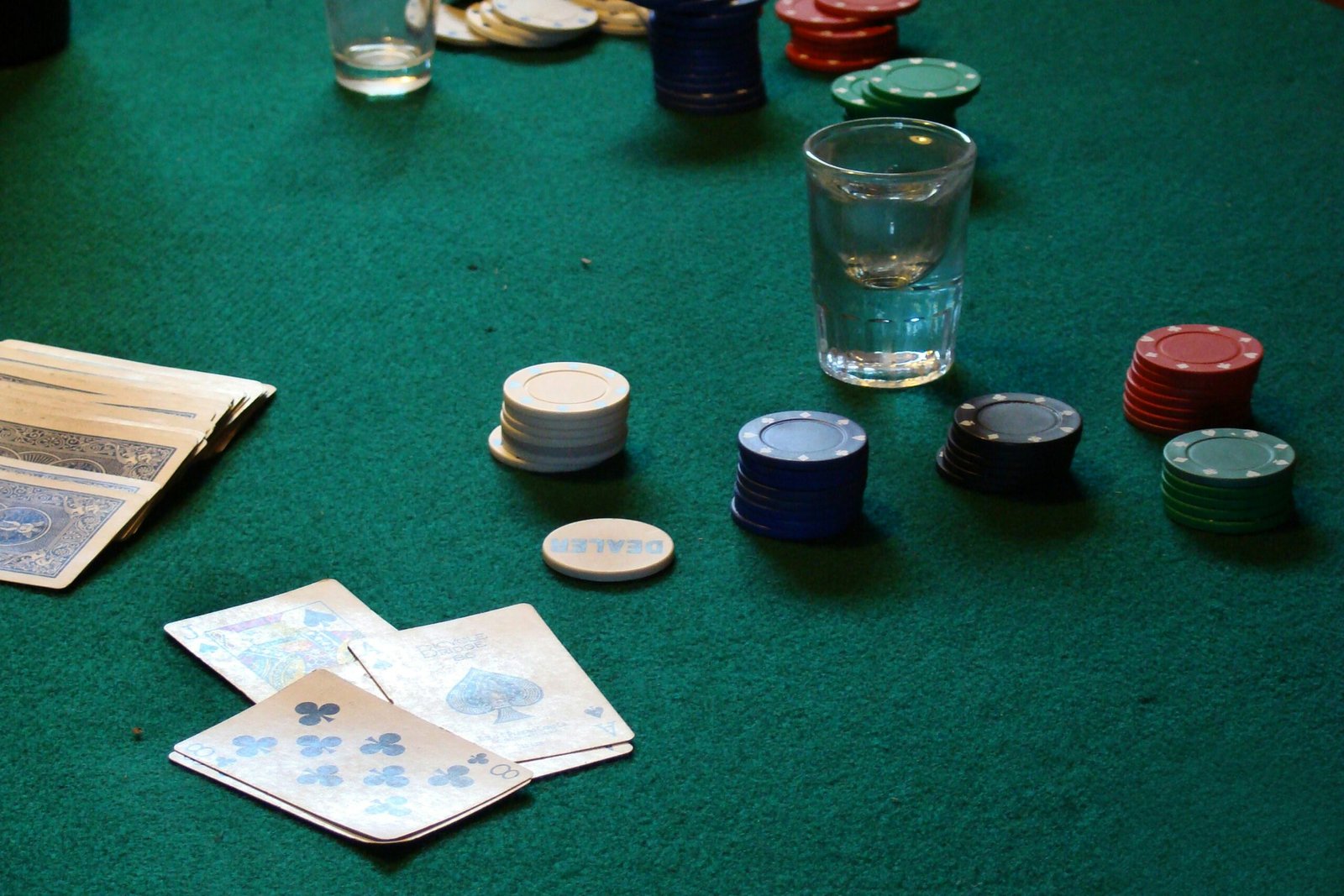The High Stakes of Love: Andrei Karpov’s Unforgettable Poker Loss
Written by Pamela Jo Jones on December 4, 2024
The Rise and Fall of Andrei Karpov
Andrei Karpov is a name that resonates within the poker community, synonymous with strategic brilliance and daring high-stakes gameplay. His journey began in a small town, where his fascination with card games was ignited during his youth. Initially, it was merely a pastime, but his affinity for the nuances of strategy soon catalyzed a passion for poker that would define his life. As Karpov honed his skills through countless local tournaments, he quickly drew attention for his analytical approach and natural talent.
Over the years, Karpov amassed a remarkable repertoire of strategic moves that enabled him to overcome formidable opponents in various prestigious games. His successes culminated in multiple tournament victories, which not only elevated his status but also solidified his place in poker history. Each win at the table was a stepping stone that transformed him into a celebrity among poker enthusiasts, prompting invitations to elite events and international competitions.
However, the pursuit of poker glory came with its complications. Karpov’s determination to excel and his desire for fame began to seep into his personal life, straining his marriage. His wife, once his biggest supporter, grew increasingly concerned as Karpov dedicated more of his time to the game. The tension between his professional ambitions and familial obligations emerged as a recurring theme in his life. This culminated in a pivotal moment when he faced a decision that would alter both his career and personal world forever.
The emotional stakes became more than just chips on a poker table; they involved the very fabric of his marital life. Andrei Karpov’s story serves as a cautionary tale about the thin line between passion and obsession, illustrating how a drive for success in the poker arena can profoundly impact one’s personal relationships and wellbeing.
The Fateful Poker Game
The evening was fraught with tension as Andrei Karpov prepared for what would become a historic poker game—a night that would echo in his memories with mixed sentiments of thrill and despair. Stretched across a dimly lit room, the atmosphere was thick with anticipation, a clear indication that this was no ordinary game. It was a high-stakes event that put not only money but the very essence of personal relationships on the line. With every poker chip placed on the table, the stakes escalated beyond measure as Andrei made the unprecedented decision to wager his wife against another formidable opponent.
Andrei’s motivations were complex, stemming from a combination of pride, desperation, and an innate desire to prove himself as a poker aficionado. Having spent years honing his skills, he believed that the hand he held would guarantee victory against his rival, a seasoned player notorious for his aggressive tactics. Yet, beneath this bravado lay an unsettling undercurrent of recklessness, with the stakes rising from monetary loss to personal devastation. His wife, Emily, while supportive of Andrei’s passion, looked on with a mix of disbelief and concern, comprehending the ramifications of her husband’s daring gamble.
As the game unfolded, it turned into a psychological battle as much as a physical one. The expressions of the players, the shuffled cards, and the call of bets coalesced into a narrative fraught with uncertainty. Each pivotal moment brought a crescendo of suspense that heightened the emotional stakes of the game. As Andrei stood firm, resolutely confident in his strategy, he was racing against not just an opponent, but against the potential loss of the most important part of his life. The final outcome, a product of both skill and sheer luck, would prove to irrevocably alter the course of his existence, marking this fateful poker game as a turning point in his life.
The Aftermath of Losing a Bet and a Partner
In the wake of Andrei Karpov’s significant loss, the ramifications extended far beyond the poker table. The intertwining of personal and professional repercussions is a complex narrative shaped by psychological and emotional turmoil. The betrayal he felt transcended mere gambling stakes, encompassing the profound sense of loss experienced due to the departure of his wife. In this tumultuous period, Andrei navigated an emotional labyrinth filled with grief, confusion, and anguish.
Friends and family observed a drastic shift in Andrei’s demeanor, as he grappled with feelings of inadequacy and hopelessness. The poker community, typically characterized by camaraderie and competitiveness, responded with mixed emotions. Some extended support, recognizing the weight of his loss, while others viewed him through the lens of judgment, questioning his ability to continue competing in a field where focus and mental clarity are paramount. The dual loss of his wife and his identity as a dedicated partner significantly impacted Andrei, creating a chasm that seemed insurmountable at times.
This tumultuous period forced Andrei to re-evaluate his life’s priorities. The necessity of confronting his pain led him to reassess what truly mattered amidst a landscape clouded by betrayal and emotional upheaval. In pursuit of healing, he delved into introspection, seeking to reclaim a sense of self that was now fractured. The nature of the bet had implications that stretched far beyond financial aspects; it symbolized a shift in his reality.
As he sought solace and understanding, Andrei grappled with redefining his role not only as a poker player but also as an individual. This metamorphosis highlighted the delicate balance between passion and personal relationships, ultimately influencing both his game strategy and mental resilience in the long run.
Lessons Learned from High-Stakes Decisions
The narrative surrounding Andrei Karpov’s significant loss at the poker table illuminates vital lessons regarding high-stakes decision-making. These lessons extend beyond the gaming world, offering insights into personal and professional relationships where loyalty, trust, and the consequences of risky choices prevail. It is crucial to understand that every decision, especially in high-pressure situations, carries potential ramifications that can reverberate through one’s life.
In high-stakes scenarios, whether playing poker or navigating daily life, the choices made often reflect one’s character and priorities. For Andrei, the game showcased not only his skills but also unveiled underlying issues regarding personal connections. In pursuit of victory, he overlooked the delicate balance between competitive passion and the importance of relationships. This oversight serves as a reminder that while ambition can drive success, it is experiences with loved ones that ultimately shape our character and well-being.
The fallout from Andrei’s experience reiterates the importance of effective communication. Establishing open dialogues can prevent misunderstandings and disillusionment in all types of relationships. Furthermore, this situation emphasizes the value of prioritizing relationships over material success. Andrei lost not just a game but also the trust and respect of those around him. By recognizing that high-stakes decisions are often intertwined with emotional repercussions, individuals can approach challenges with a more holistic mindset.
Ultimately, embracing these lessons can guide others in avoiding similar pitfalls. Learning to balance passion with personal commitments, fostering trustworthy relationships, and communicating effectively can lead to more sound decision-making in both poker and life. As we reflect on Andrei Karpov’s journey, it becomes clear that the stakes often extend well beyond monetary value; they encompass the very essence of human connection and integrity.



